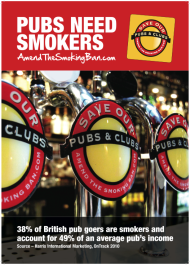Freedom and technology
 Thursday, January 28, 2010
Thursday, January 28, 2010 I'm in meetings most of the day so I'll leave you to talk about the new Apple iPad (I know you want to). Or, more generally, the role of technology in modern life. Does it help or does it hinder? Does it improve or does it reduce our quality of life? Or does it make no significant difference?
It's a common assumption (which I share) that the car changed and improved people's lives because it gave us the freedom to go more or less where we wanted with far less effort. Likewise, inventions such as the vacuum cleaner and the washing machine were seen as huge steps forward from the drudgery of household work.
More recently the personal computer has freed us from the typewriter and, via the Internet, has opened up a whole new world. Some would argue that communication technology was responsible for the fall of the Berlin Wall and the collapse of communism, in which case millions - possibly billions - of people have reason to be grateful.
The iPad is simply the latest in a long line of innovative products. But has technology genuinely improved our lives? Or have we become slaves to things like computers, televisions and mobile phones?
Readers might like to suggest one product from the last 50 years that has given us greater freedom, and one that has "enslaved" us.
As Frasier Crane would say, "I'm listening".
 Technology
Technology 













